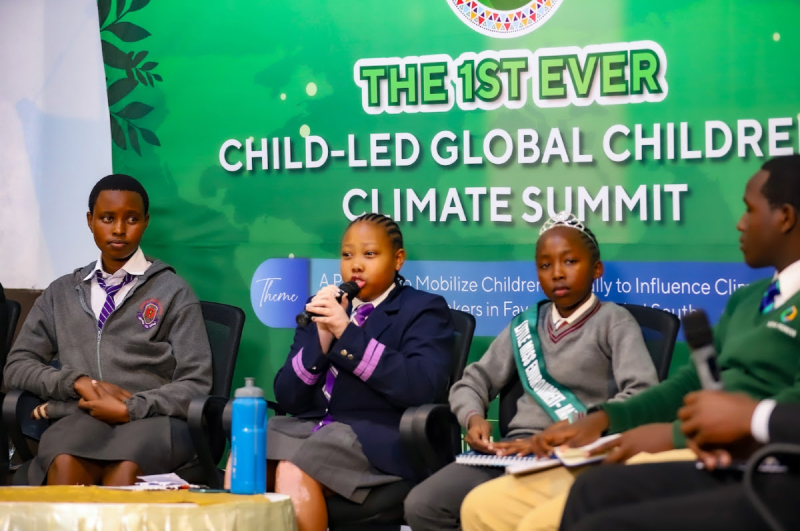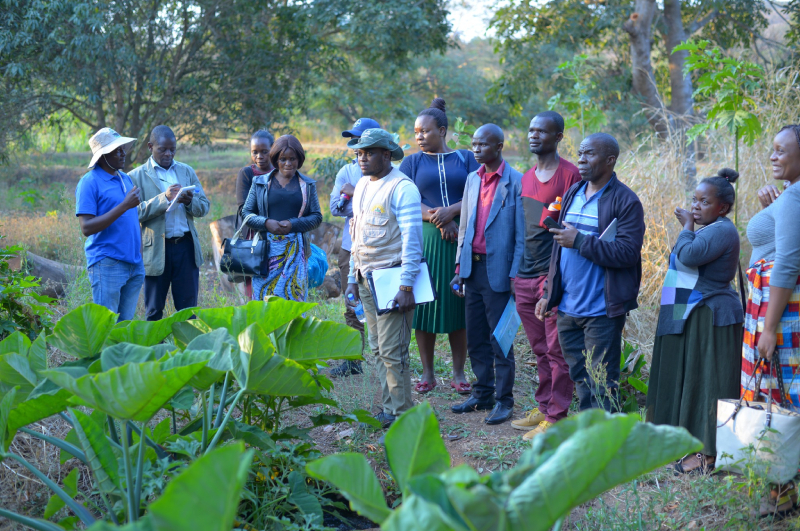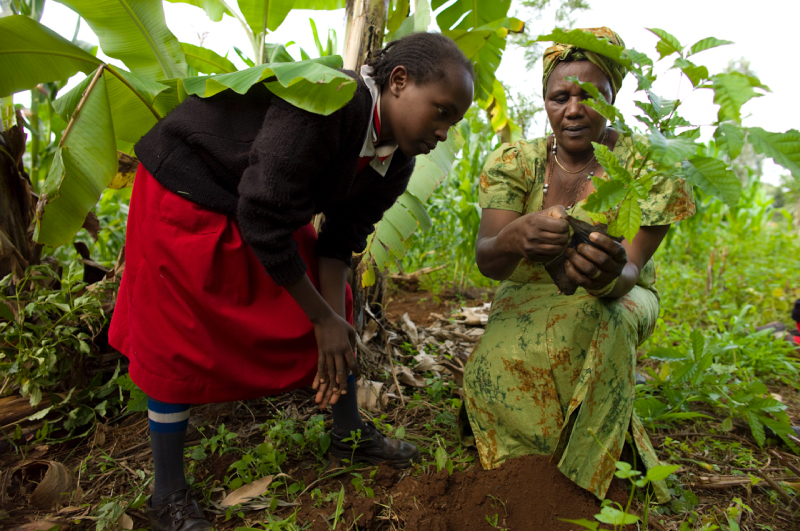

In his latest encyclical Laudate Deum, Pope Francis notes that “Despite all attempts to deny, conceal, gloss over or relativize the issue, the signs of climate change are here and increasingly evident.”
The climate crisis is causing worsening droughts in the Horn of Africa, including Kenya, where rains have failed for five seasons in a row. In response to this, the Kenya’s government proclaimed Monday, 13 November 2023—a special public holiday to commemorate a national tree-planting day in the battle against climate change. This was aimed at reducing greenhouse emissions, restoring forest cover and protecting biodiversity as provided in the Global Biodiversity Framework that guides global action on nature through to 2030.
Kenya’s forest cover stands at about 7% but the government has set aside more than $80m (£65m) in the current financial year as part of its effort to increase it to more than 10%. With Sweden’s 68.7% forest cover as a model for Kenya, this ambitious target will create sustainable employment opportunities for the youth while contributing to the United Nations Decade of Ecosystem Restoration goals of 2021–2030. The Intergovernmental Panel on Climate Change’s Special Report on Climate Change and Land and the Intergovernmental Panel on Biodiversity and Ecosystem Services Global Assessment outline the need for any nature-based investments to deliver on multiple environmental outcomes, including: climate mitigation, climate adaptation, land degradation, food security, and biodiversity conservation. Furthermore, the 2015 Paris Agreement on climate change encourages the enhancement of forest carbon stocks in developing countries such as Kenya.
President William Ruto has continuously urged Kenyans to support his agenda of planting 15 billion trees by 2032. The tree-planting campaign targeted every Kenyan to plant at least two seedlings and immediately reach the day’s campaign goal of 100 million seedlings. The government planned to distribute tree seedlings through chiefs to accelerate tree-growing activities across the country. The plantable seedlings were availed freely to the public through the coordination of National Government Administrative Officers (NGAOs) at their respective camps with the Cabinet Secretaries overseeing the process. This aggressive tree-planting campaign was aimed at increasing the country's forest cover by five billion trees.
Kenya’s tree planting programme was prompted by the United Nations COP27 climate conference in Egypt in November 2022. Countries agreed to financially assist vulnerable countries like Kenya, for loss and damage caused by the worst impacts of climate change. This included a pledge to reverse forest loss by 2030, with the Intergovernmental Science-Policy Platform on Biodiversity and Ecosystem Service (IPBES) warning that over 1 million animal and plant species now face extinction.
When he issued his encyclical Laudato Si’: On Care for Our Common Home in 2015, Pope Francis called on people of goodwill – and indeed, “every person living on this planet” – to demonstrate an “environmental responsibility” that would “directly and significantly affect the world around us.” Thus, tree planting is “an act of faith in the future”. Kenya presents an encouraging example of proactive environmental stewardship, promoting optimism for a greener and more sustainable future, with ambitious aims, financial commitments, and international recognition.
Photo credit: USAID/Lynne Johnson, Ripple Effect Images.
Related Articles
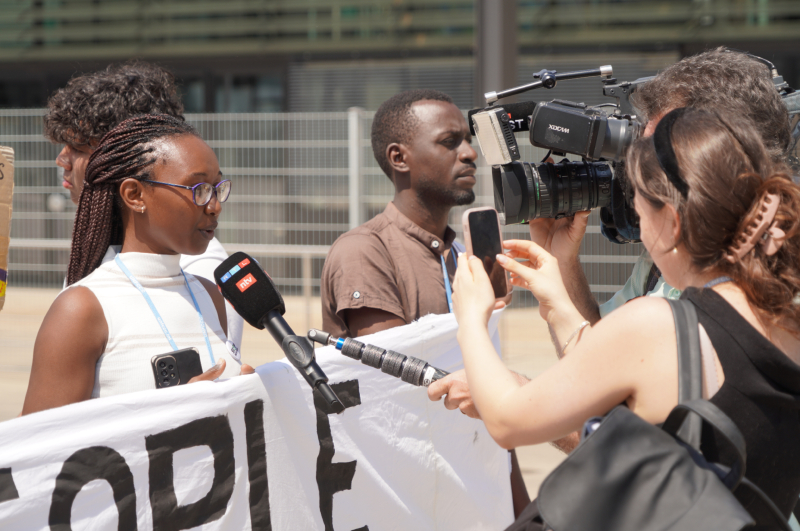
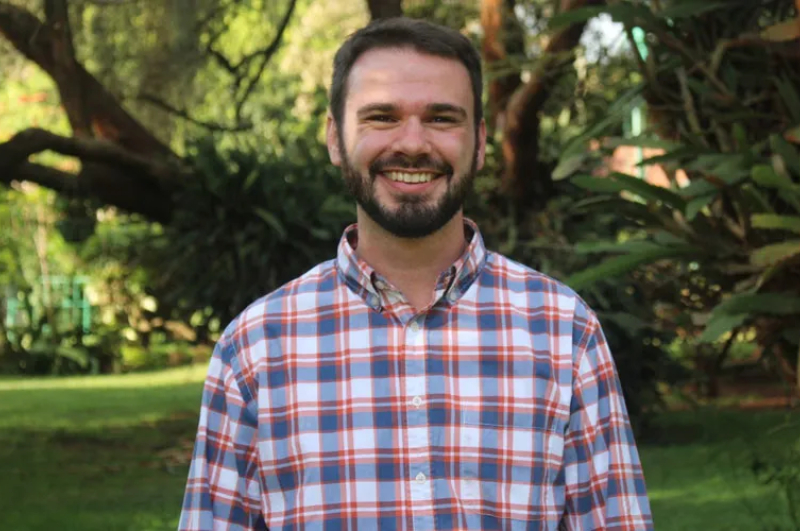
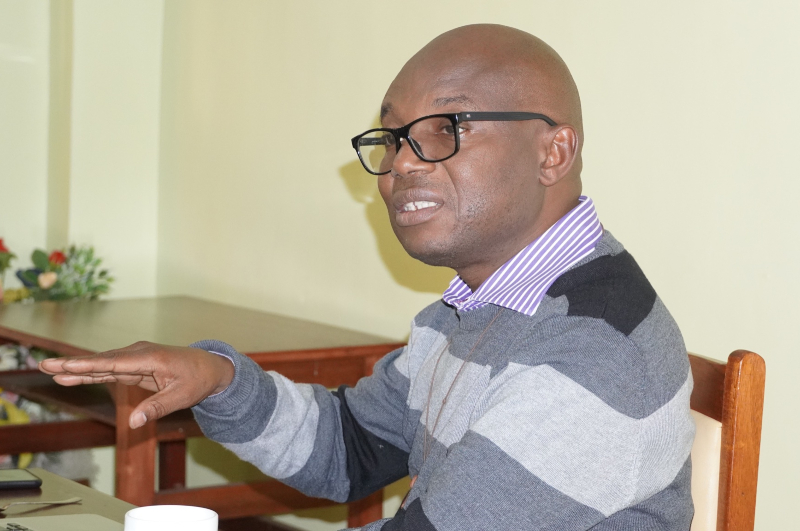
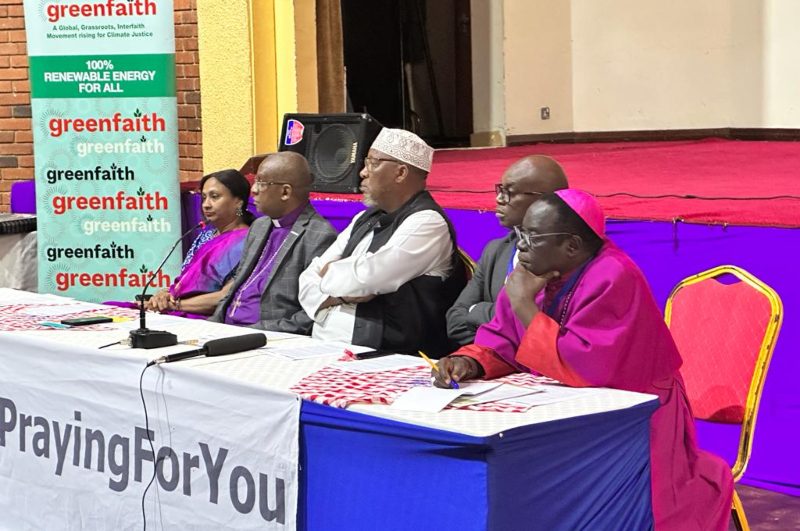
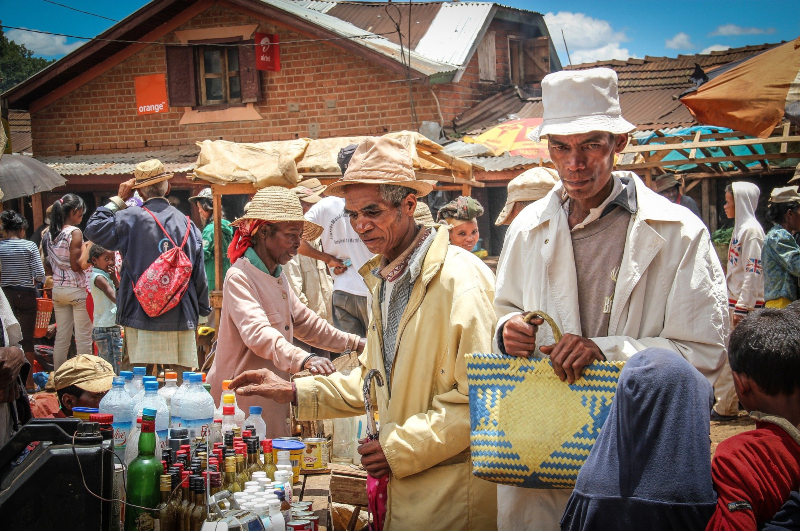
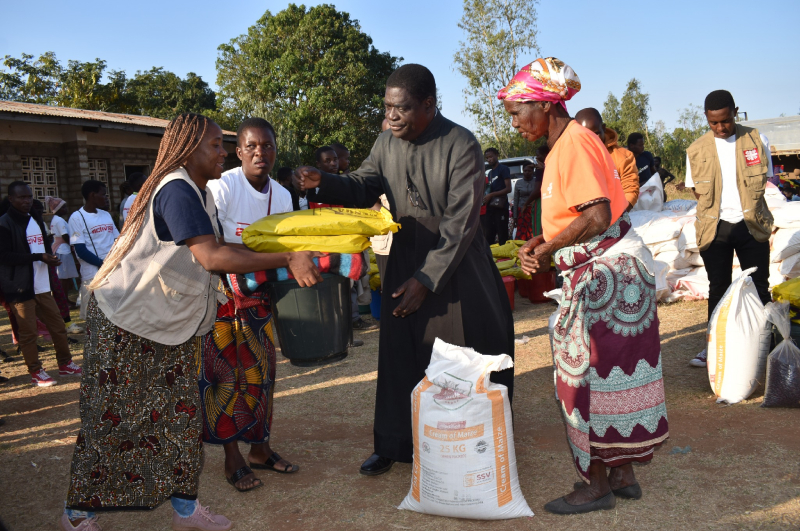
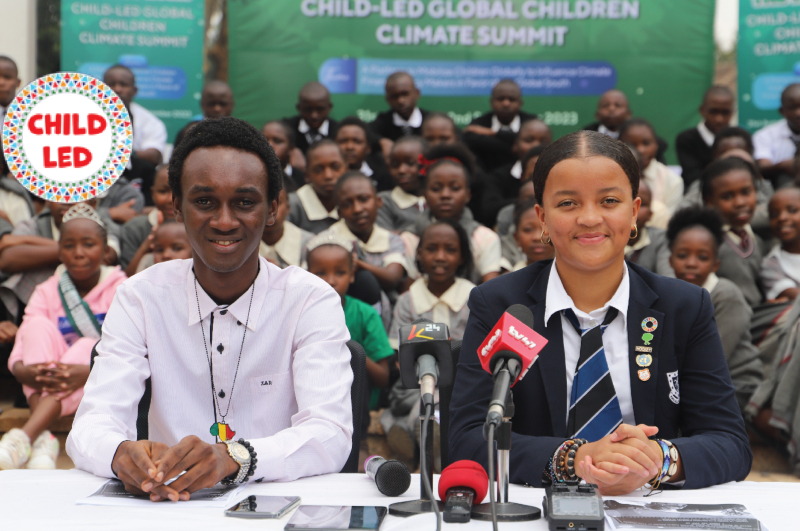
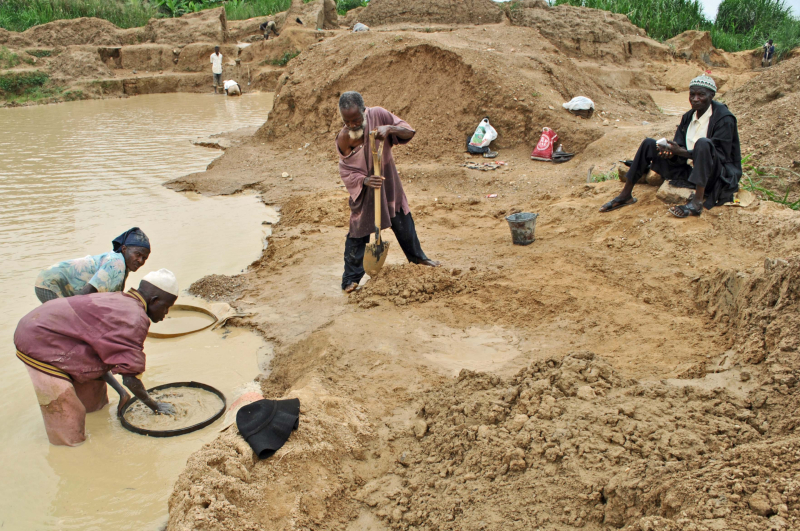
Select Payment Method
Pay by bank transfer
If you wish to make a donation by direct bank transfer please contact Fr Paul Hamill SJ treasurer@jesuits.africa. Fr Paul will get in touch with you about the best method of transfer for you and share account details with you. Donations can be one-off gifts or of any frequency; for example, you might wish to become a regular monthly donor of small amounts; that sort of reliable income can allow for very welcome forward planning in the development of the Society’s works in Africa and Madagascar.
Often it is easier to send a donation to an office within your own country and Fr Paul can advise on how that might be done. In some countries this kind of giving can also be recognised for tax relief and the necessary receipts will be issued.


